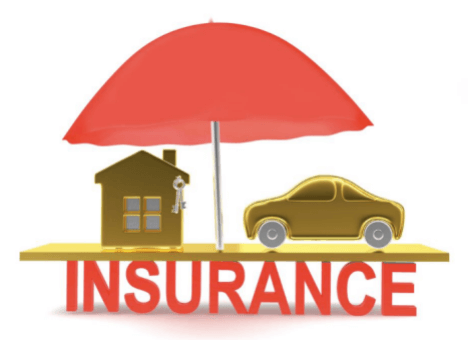Explanation of Umbrella Insurance
Umbrella insurance extends the protection of your primary insurance policy by covering costs beyond what your primary policy covers. A single policy can protect you from multiple types of risk, including accidents, property damage, legal action, and individual liability.

What is umbrella Insurance?
Umbrella insurance can help you protect your financial future and possessions in two ways:
In addition to standard plans like auto, home, and boat insurance, an umbrella policy can provide additional layers of protection.
False arrest, libel, and other tort claims are covered by an umbrella policy, as are claims related to the ownership of rental properties.
What does an umbrella policy protect against?
An umbrella policy provides additional coverage above and beyond your primary liability insurance in the event of excessive losses. The liability coverage provided by an umbrella policy kicks in when:
• wounded
• harm
• assertions
• your own responsibilities
In whose favour does the umbrella policy operate?
You tell yourself, "I've got my car and my house covered." Yes, you are partly right. Umbrella insurance, in contrast, provides protection in circumstances where your primary policy's limits are exceeded or when damages are incurred that are not otherwise covered.

Below are some examples of what an umbrella policy might cover:
The victims of accidents are also subject to liability for their injuries. As an illustration, costs associated with injuries caused by:
• You're responsible for a catastrophic vehicle crash.
• Injuries to third parties caused by your pet
• Accidental guest injury.
• A kid from next door trips and falls in your yard.
One's responsibility for property damage extends to the price of fixing or replacing lost or broken objects. One common example is the wreckage of someone else's car or other property due to your carelessness.
Tenants' actions could potentially reflect on you if you're a landlord. Expenses related to liability claims could include things like:
• A tenant sues you because he was injured when tripped over the broken pavement outside your rental property.
• If a tenant's dog bites and injures someone, you could be held responsible.
Additionally, it protects you from legal action brought by third parties for:
• Defamation is an oral way
• A slanderous statement that was written down
• Imprisonment, imprisonment, or false imprisonment
• A Malicious Police Force
• Intensity of Impact and Strain
What doesn't fall within the umbrella of a typical lawsuit?
The following are examples of what a standard insurance policy won't pay for:
• Personal injury and property damage
• Harming others intentionally or illegally.
• Legal Obligations
How safe are you under its protection?
Let's look at an example to understand the value of umbrella insurance better. Failure to comply with the law results in an accident costing others $600,000. Your motor insurance policy includes $400,000 in personal injury protection. Your vehicle insurance will pay the initial $400,000 in repairs and the additional $200,000 in hospital bills.
Coverage under an umbrella guarantees no liability. Your maximum deductible umbrella coverage will kick in once your auto insurance deductible has been exhausted.
How much would umbrella coverage be?
Umbrella insurance premiums are proportional to the sum of coverage you purchase. Umbrella insurance premiums can fluctuate based on many factors, including where you live, the number of cars you possess, and the number of properties you own.
(Writer:Jici)




